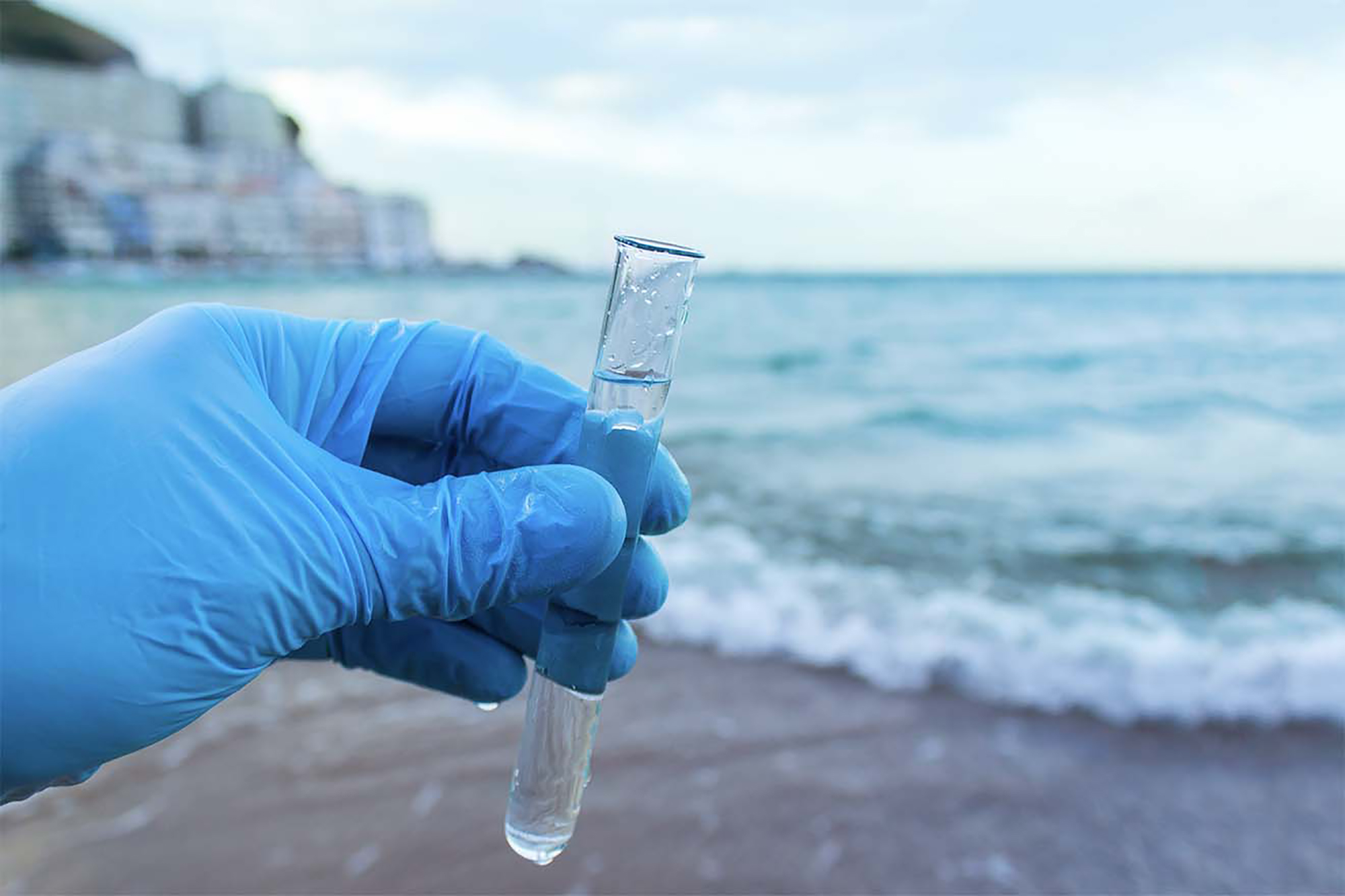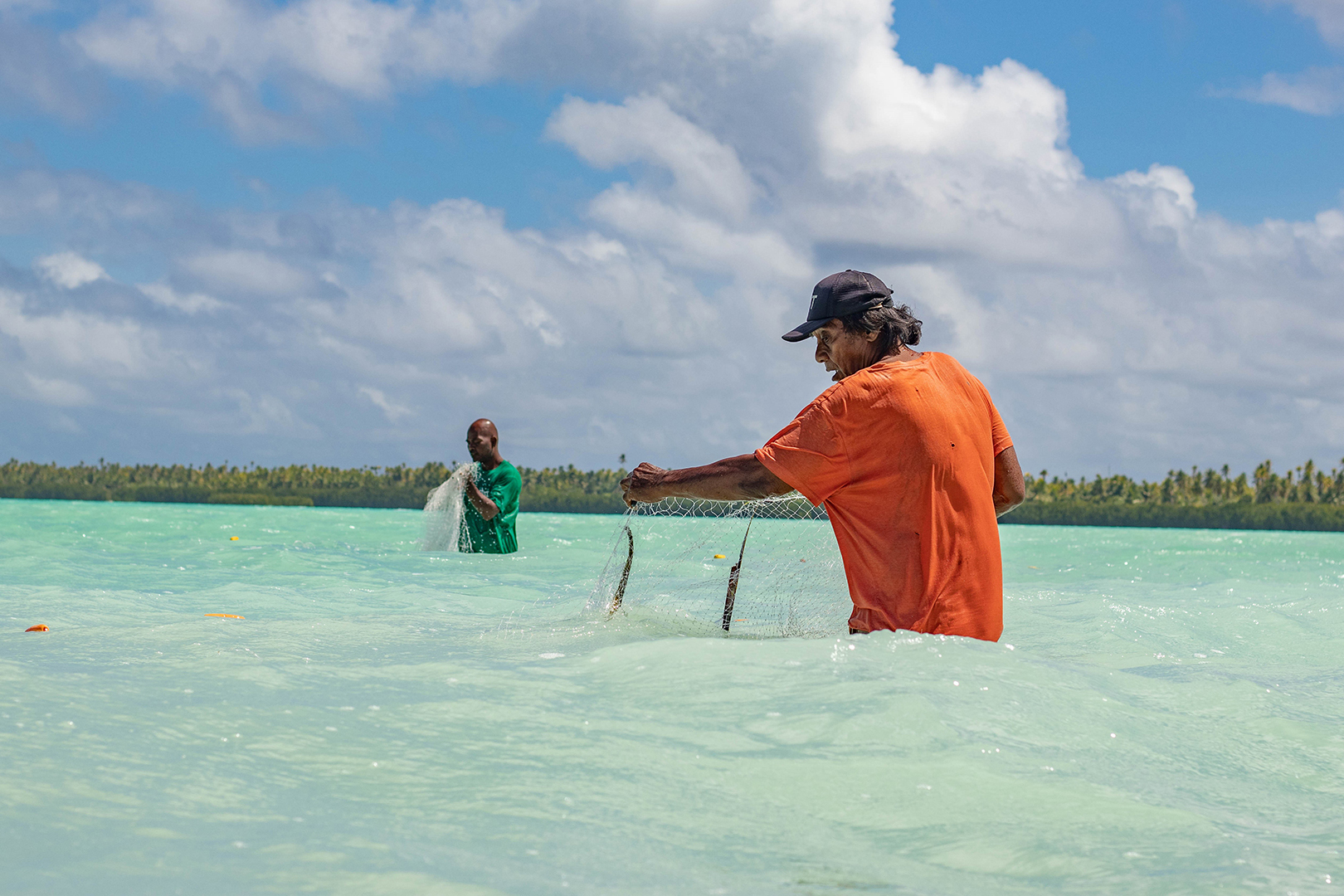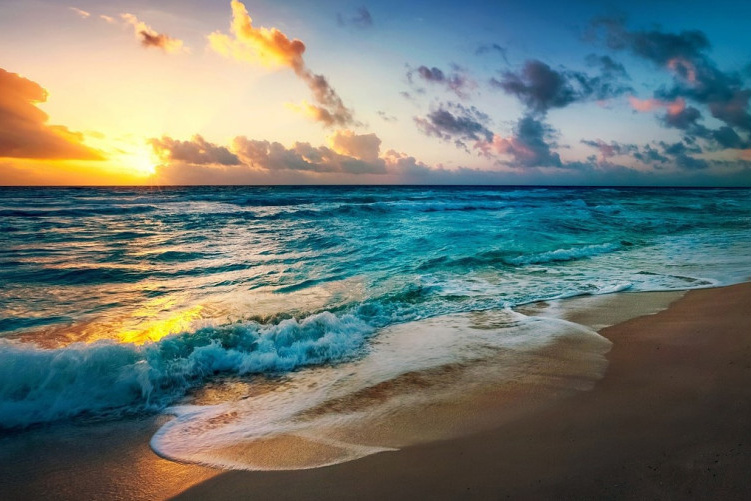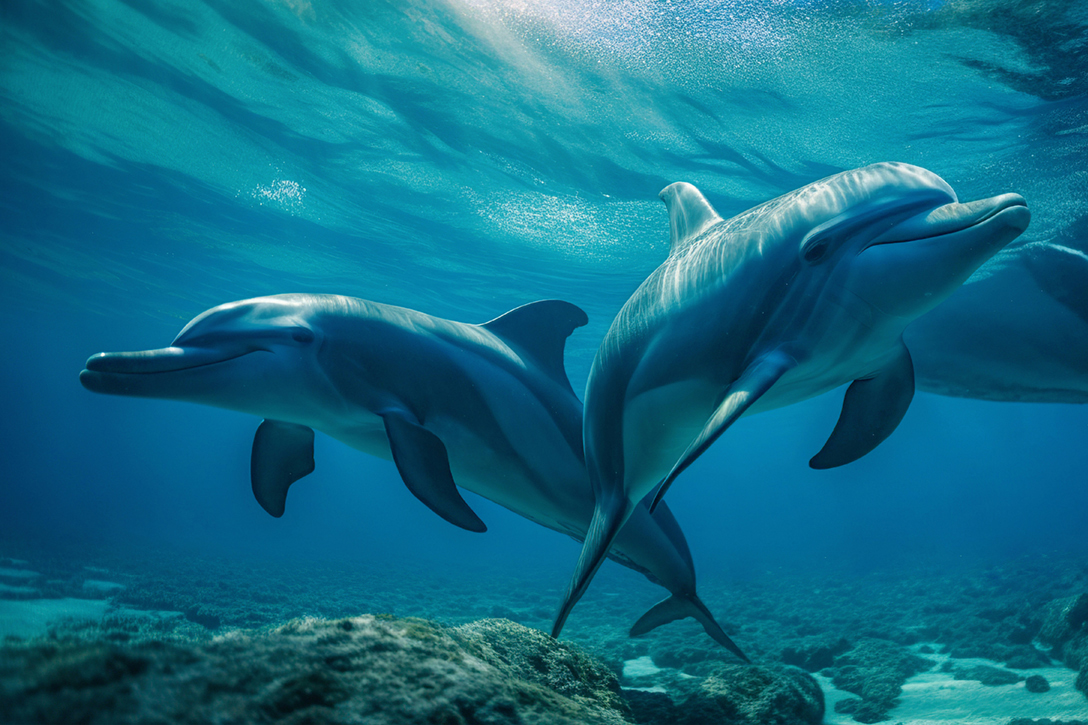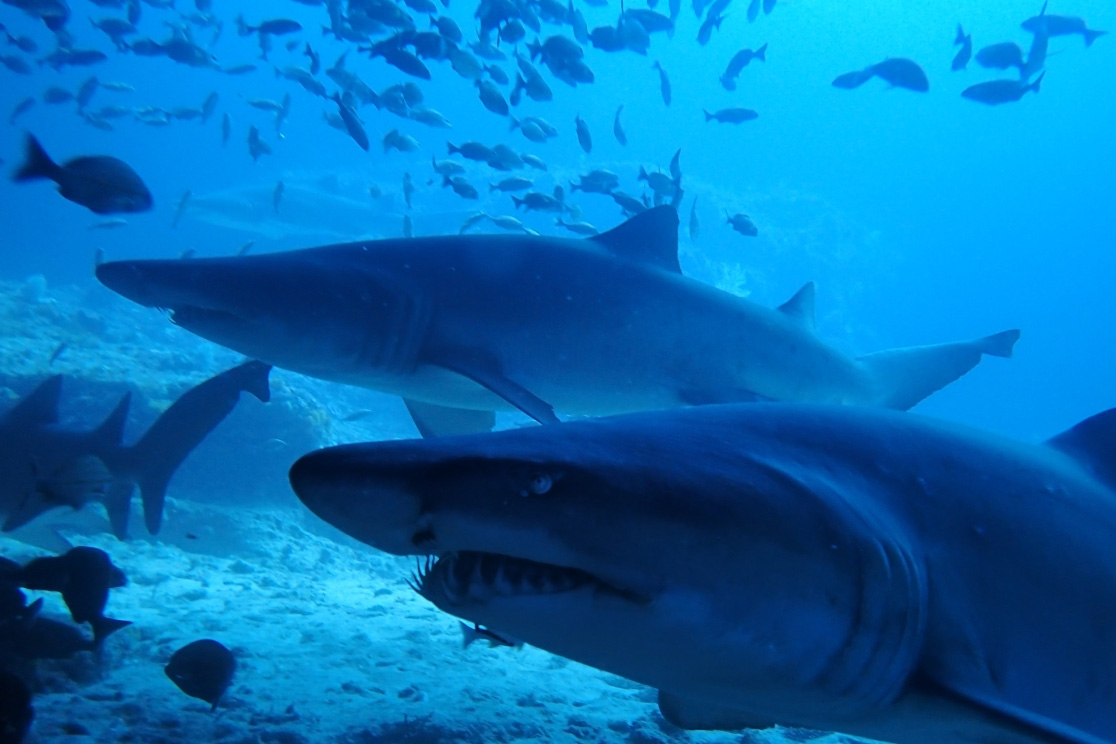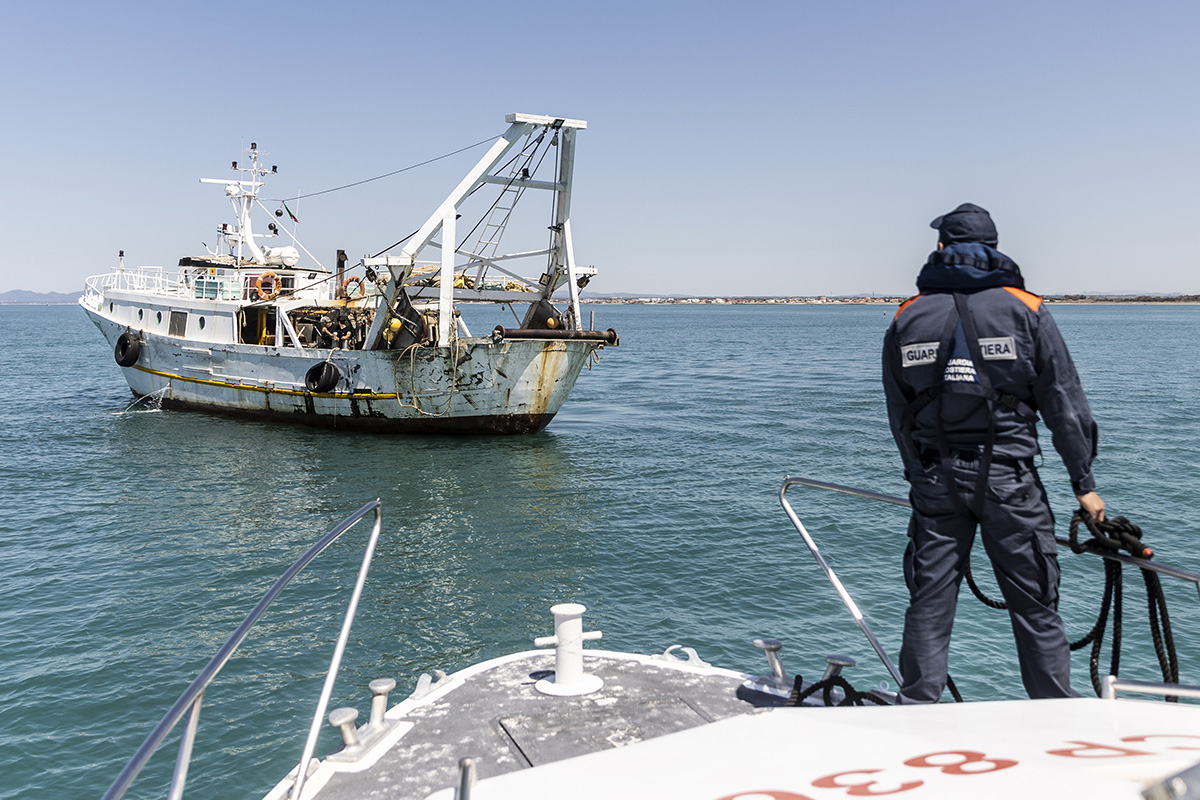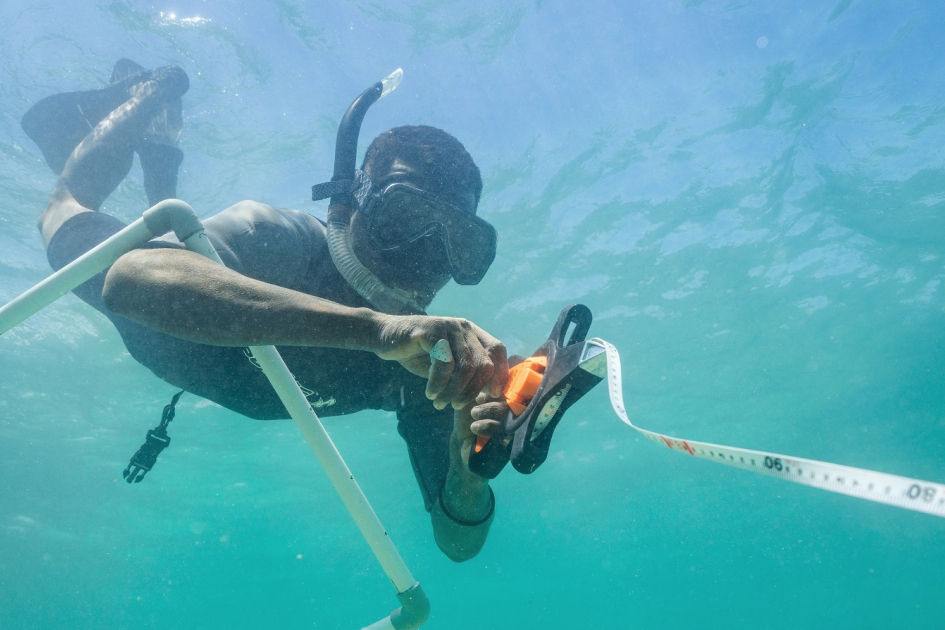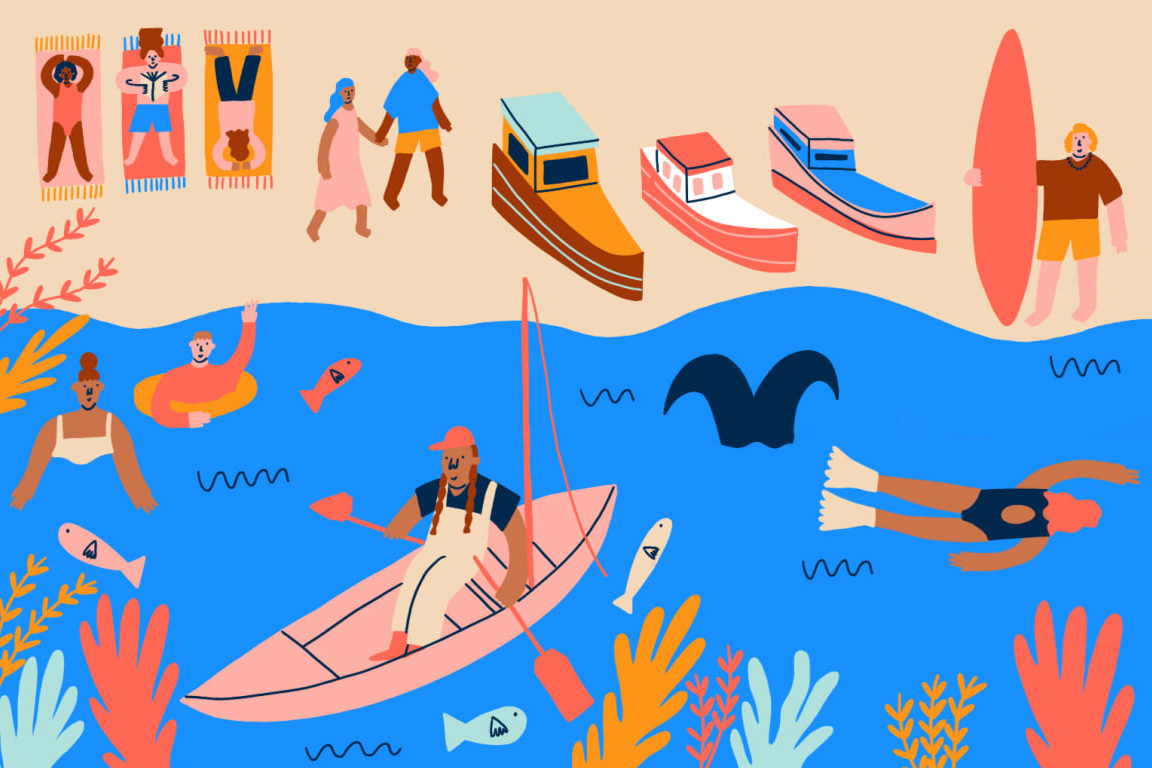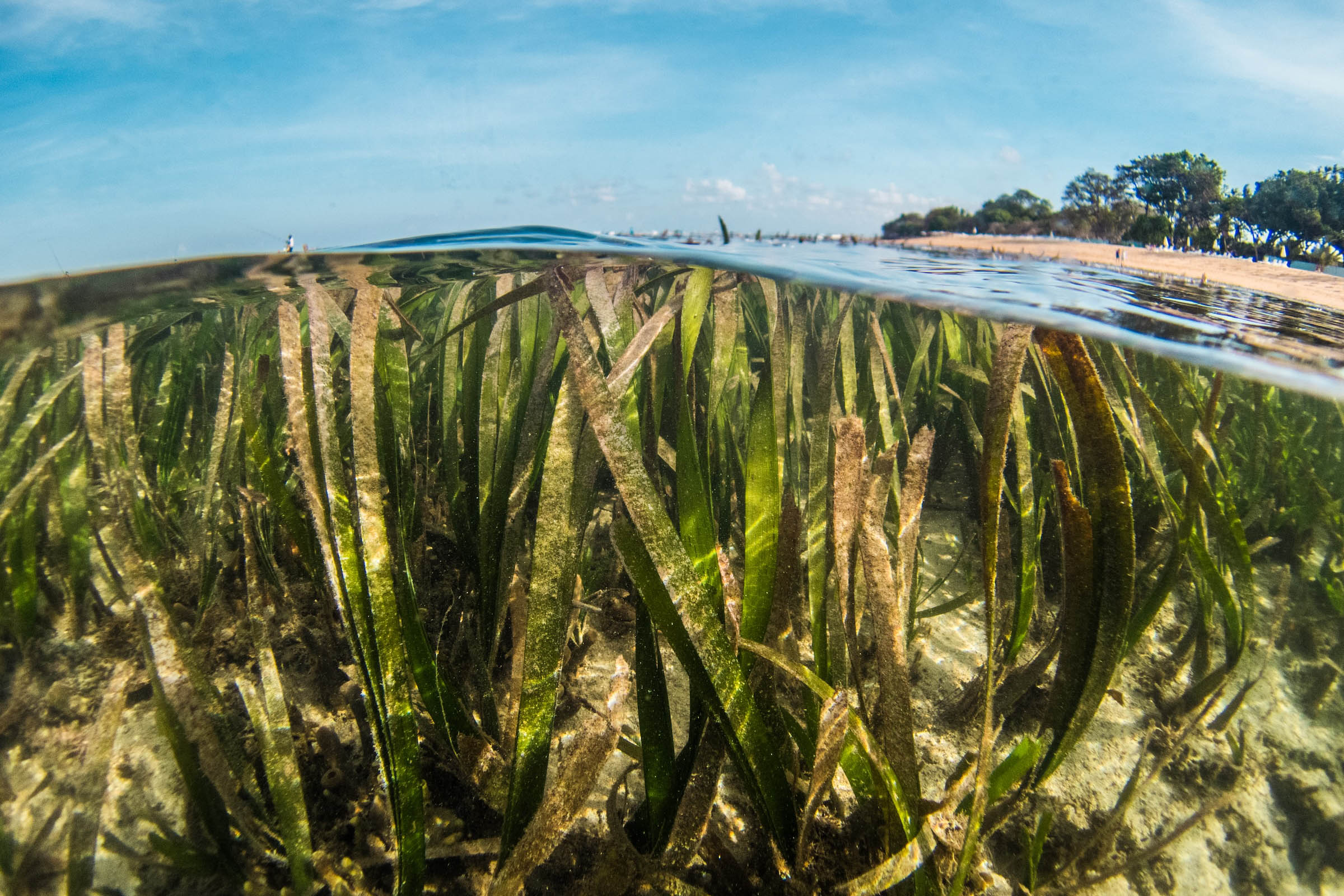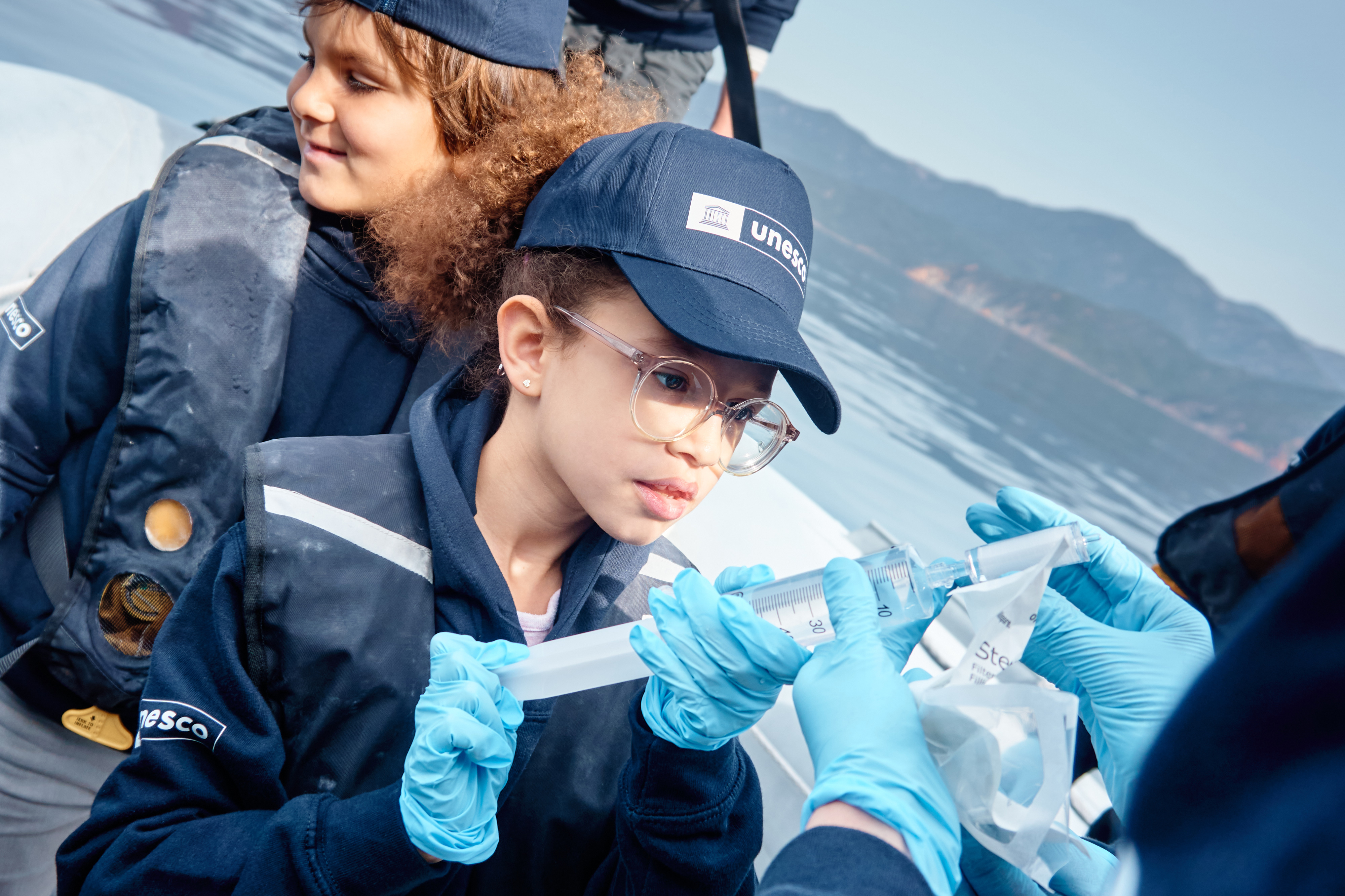The ocean's challenges are immense and no single nation or sector can tackle them alone. Three years into the UN Decade of Ocean Science for Sustainable Development (2021-2030), it is time to address key questions about its progress: What have been the main achievements since the launch of the Decade? What should be the key areas for action in the coming years? The 2024 Ocean Decade Conference, taking place in Barcelona (10-12 April), aims to enhance sustainable ocean management and foster science-driven innovation, with an inclusive approach that ensures no one is left behind.
Oceans and Marine Life
“I believe fundamentally that nations have to work together to solve these big environmental crises, you cannot solve them on your own.”
Lewis Pugh was never afraid to take the plunge. Now ocean advocate for the United Nations Environment Programme, the record-breaking cold-water swimmer has completed long distance swims at both of the Earth’s Poles, in the Red Sea, and along the length of the Hudson River, to spread a message of habitat renewal and conservation.
Healthy oceans, seas and rivers are essential to supporting life on Earth - providing food, medicine, and acting as the world’s largest carbon sink. In this episode of Awake at Night, Lewis Pugh reflects on his love for the water, on his breathtaking swims, and onbreaking the diplomatic ice to create the world’s largest marine park.
International shipping transports more than 80% of global trade goods to people and communities all over the world. It is the most efficient and cost-effective method of transporting goods, facilitating commerce and helping to create prosperity among nations and peoples. World Maritime Day's theme for this year, MARPOL at 50 — Our commitment goes on, spotlights the International Convention for the Prevention of Pollution from Ships (MARPOL), which covers the prevention of pollution of the marine environment by ships from operational or accidental causes.
The waters that surround the Small Island Developing States (SIDS) of the Pacific are home to remarkable marine ecosystems. The fish and other marine species they host are deeply intertwined with many Pacific peoples’ cultures, livelihoods and food. But while the communities of these islands continue to consume fish in significant quantities, the diversity of Islanders’ diets is declining, and their nutrition is deteriorating. So, what are some new approaches and innovations that can help reverse this trend? A report by the Food and Agriculture Organization of the United Nations (FAO) and WorldFish has some suggestions. Here are five of them.
During the Ocean and Climate Change Dialogue 2023, held during the Bonn Climate Conference, the crucial importance of action to protect the ocean was highlighted, as well as the need for the ocean to feature prominently in all relevant aspects of the UN Climate Change process. The June Ocean Dialogue coincided with preparations for the upcoming UN Climate Change Conference COP28 in the United Arab Emirates at the end of the year, where the outcomes of the global stocktake will be a key focus, along with other ways to increase ambition on climate change.
Cast as a sea villain, the shark is the most misunderstood creature in the ocean. As predators at the top of the food chain, sharks are essential for maintaining a balanced and healthy marine ecosystem. Realizing that shark numbers are sharply decreasing and driven by the necessity to find a solution to protect both humans and ocean life, SharkSafe Barrier technology was developed. Inspired by nature and supported by UNIDO’s Global Cleantech Innovation Programme, it is safeguarding both humans and sharks while paving the way for safer beaches.
Fisheries provide a vital source of food, employment, recreation, trade and economic well-being. With our growing population and persistent hunger, fish has emerged as an important commodity towards food security. However, efforts to ensure the sustainability of fisheries are being seriously compromised by illegal, unreported and unregulated fishing activities. To promote long-term conservation of fisheries FAO adopted the Code of Conduct for Responsible Fisheries and later established 5 June as the International Day for the Fight against Illegal, Unreported and Unregulated Fishing.
FAO higlights why IUU fishing threatens livelihoods, exacerbates poverty, and augments food insecurity.
Fishing communities in Madagascar have seen their catches dwindle - a by-product of overfishing. But in some communities, fish stocks have start5ed to rebound thanks to small grants from UNEP.
A new landmark treaty to protect biodiversity in international waters has been agreed to – UNDP presents this interactive story of how the new High Seas Treaty can advance progress towards the SDGs.
World Seagrass Day is observed on 1 March. The marine flowering plants, known as seagrass, found in shallow waters in many parts of the world are essential to the life of thousands of species of fish, seahorses, turtles, and others. They help improve water quality and play an active role in buffering ocean acidification. But they are disappearing. Protecting and restoring seagrass meadows will help countries achieve multiple economic, societal and nutritional objectives, like the Sustainable Development Goals, the Paris Agreement and the Aichi Biodiversity Targets.
UNESCO is accelerating the mapping of marine species across some of the world’s most exceptional ocean places by combining science and education and working with local schools.
There is a recent wave of “ocean-friendly” financial solutions working to support the blue economy. While the blue finance market is still in its infancy, it is starting to flourish. But can we move fast enough? Here is what the IFC is doing to make it happen.
António Guterres, Secretary-General of the United Nations; Abdulla Shahid, President of the 76th Session of the United Nations General Assembly; and 40 other guests, among them Cody Simpson, explain why the oceans matter for the 2022 UN Ocean Conference. The ocean covers 70 percent of the Earth’s surface, is the planet's largest biosphere, and is home to up to 80 percent of all life in the world. It generates 50 percent of the oxygen we need, absorbs 25 percent of all carbon dioxide emissions and captures 90 percent of the additional heat generated from those emissions.

